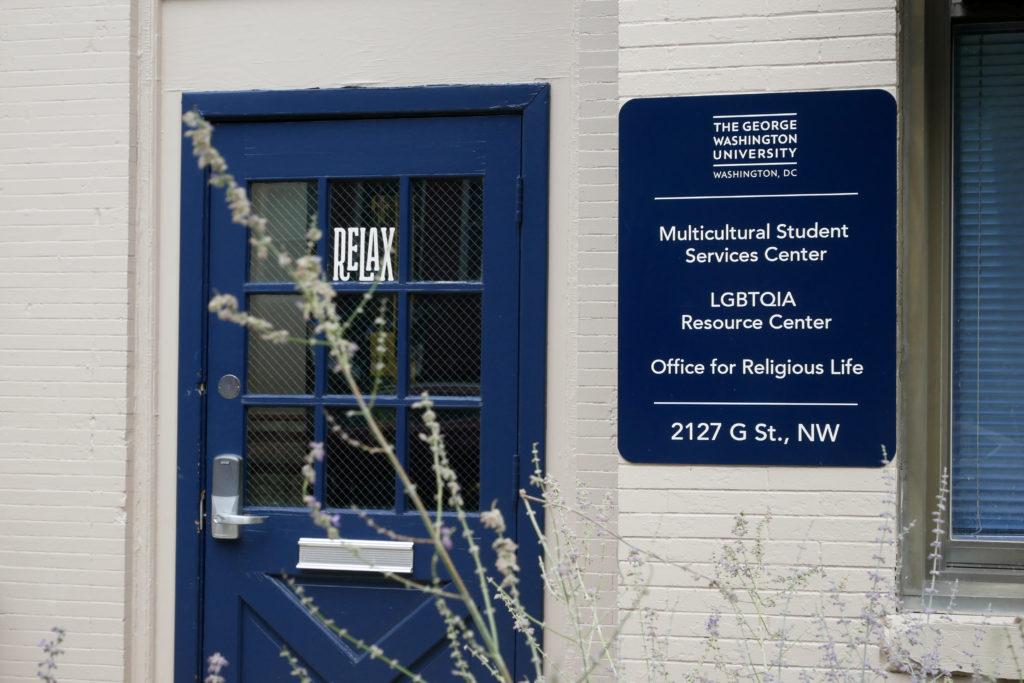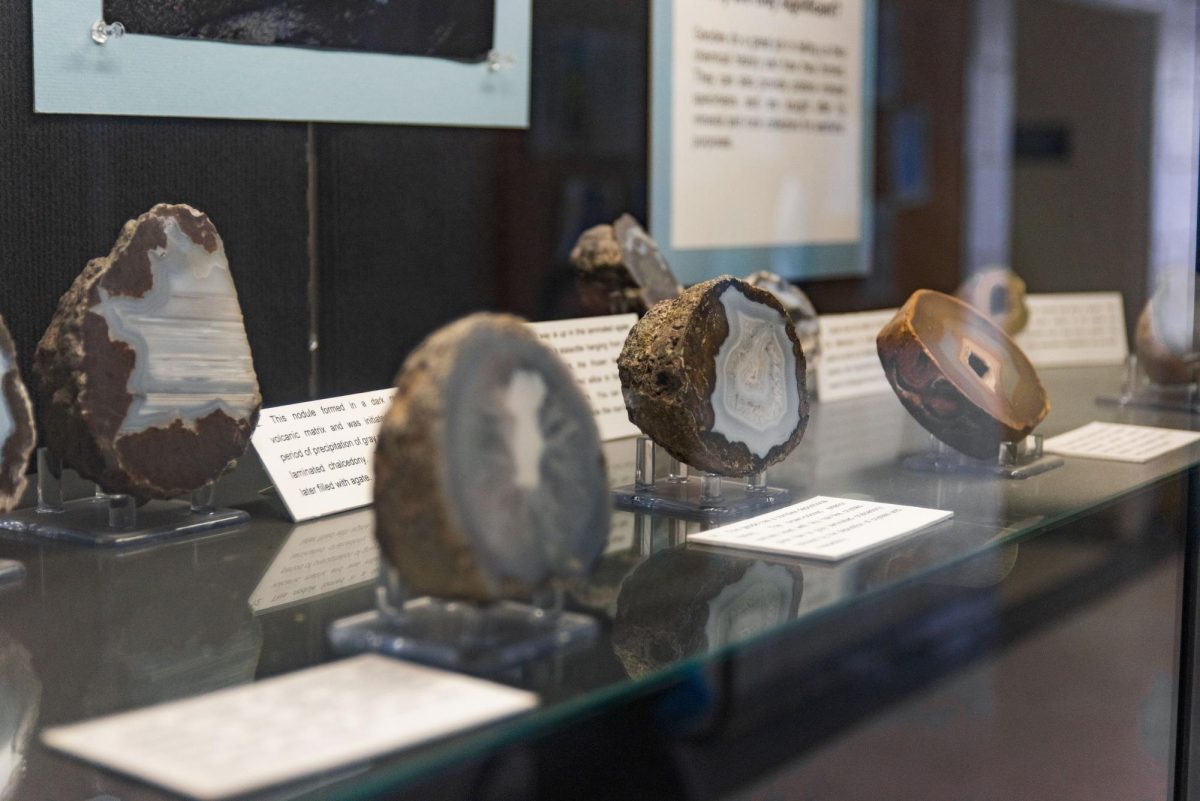Updated: Feb. 16, 2021 at 2:07 p.m.
Experts said the University-wide external diversity audit officials announced late last month could lead to campus-wide improvements in diversity and inclusion if it can effectively reveal both GW’s strengths and weaknesses.
Administrators said they will use the findings to create an action plan to improve GW’s financial aid policies, the GW Police Department’s interactions with staff and students and diversity in the University’s hiring practices. Experts in diversity in higher education said a diversity audit can provide data about GW’s potential shortcomings to help officials choose where they need to allocate the most resources needed to address issues of diversity, equity and inclusion.
“This independent evaluation will be a critical step in informing our efforts moving forward,” the email announcing the audit states. “Based on the findings of the audit, the University will develop a diversity action plan that includes goals, action items and regular assessments to track our progress both on campus and within the broader D.C. area.”
Nine of GW’s 12 peer schools, like Syracuse University and the University of Rochester, have conducted a university-wide pulse or temperature surveys to gauge student and faculty opinion on diversity within the schools. Other institutions, like New York University, have implemented similar diversity assessments using third-party audits to improve campus climate.
Officials said in late January they would complete the audit by late spring and will use the “coming weeks” to find an external party to conduct the audit.
Lisa Coleman, the chief diversity officer at NYU, said administrators implemented an assessment called “Being@NYU” in 2017 to assess diversity, inclusion, equity and belonging by surveying students, faculty and staff across all of NYU’s campuses globally.
She said officials hired three external firms – Rankin and Associates, Helios Data and the Center for Diversity Education and Inclusion at the University of Maryland – to conduct the survey and report the findings to the institution.
“If you are going to hire an external company or organization, make sure that it maps onto whatever your organization is,” she said. “I might not have hired that same organization if I were at a liberal arts school, a small school.”
Coleman said GW officials should not approach the diversity audit “looking for problems” but searching for goals.
“If you go looking for problems, that’s what you’ll find,” she said. “We went looking for ‘What do we want to be? Who do we want to be?’ And that’s the name of the assessment. ‘Who do we want to be together? Who do we want to be as we imagine our community?’”
Coleman said the assessment found overwhelmingly “positive” results and highlighted key areas of improvement, with 83 percent positive responses and 17 percent negative. She said NYU officials developed 12 “themes,” or areas of development based on the negative responses, with three committees to tackle the 12 areas.
She said the assessment also allowed NYU officials to localize the negative responses to specific departments and “borrow” successful practices from some departments and apply them to others lacking in mentorship or innovation. Officials were able to identify exclusionary conduct, problems with program recruitment and retention discrepancies in the climate assessment, she said.
“Think about faculty diversification as an asset,” Coleman said. “When we are thinking of hiring policies, far too often the approach is, we are solving a problem and that’s why we are hiring. But I think it has to be, we are trying to build the best faculty and excellence.”
Faculty members have recently been calling for officials to hire more diverse faculty at GW. An informal group of department chairs and program directors began circulating a petition earlier this month calling for officials to implement a “cluster hire” of underrepresented faculty members.
Prior to the audit, officials have also engaged in other diversity initiatives like implementing GW’s first-ever online diversity training in February 2018 and initiating a series of annual trainings during freshman orientation in 2018.
Ron Idoko, the diversity and multicultural program manager at the University of Pittsburgh, said Pitt has conducted several “climate assessments,” both campus-wide and program-specific. He said these surveys try to assess feelings of inclusion on campus from both students and faculty to find identity groups who “may require more engagement.”
GW officials conducted a campus climate survey to assess inclusivity on campus in 2015 and conducted a similar campus climate survey on unwanted sexual behavior in 2018.
“It’s not always easy to reflect on what the current challenges are of certain groups – we don’t gain direct feedback,” Idoko said. “So the assessments are more meant to be feedback from these different groups so we can understand how we work to make this campus as welcoming or as inclusive as possible.”
Idoko said past assessments Pitt conducted found a need for introducing mentoring programs for some students’ prospective fields, hiring more faculty from diverse backgrounds and adding multicultural programs to “uplift” certain identities and equal restroom access for all gender identities – something GW students have pushed for in the past.
He said the way institutions “frame” these assessments is key for a successful audit. He said with GW’s audit, administrators should be prepared to act on the data that comes out of it regardless of if the results are overwhelmingly positive or negative.
“There are always ways we can improve and so we should have an open mind with the data that is provided via these assessments,” Idoko said. “Recognizing that if it doesn’t tell the best story, that you have an opportunity to improve upon the services and the environment that you foster.”
Yankun Zhao contributed to reporting.
This post has been updated to correct the following:
The Hatchet incorrectly reported that one of the three external firms that conducted NYU’s survey was Helios Education Foundation. The firm is Helios Data. We regret this error.








